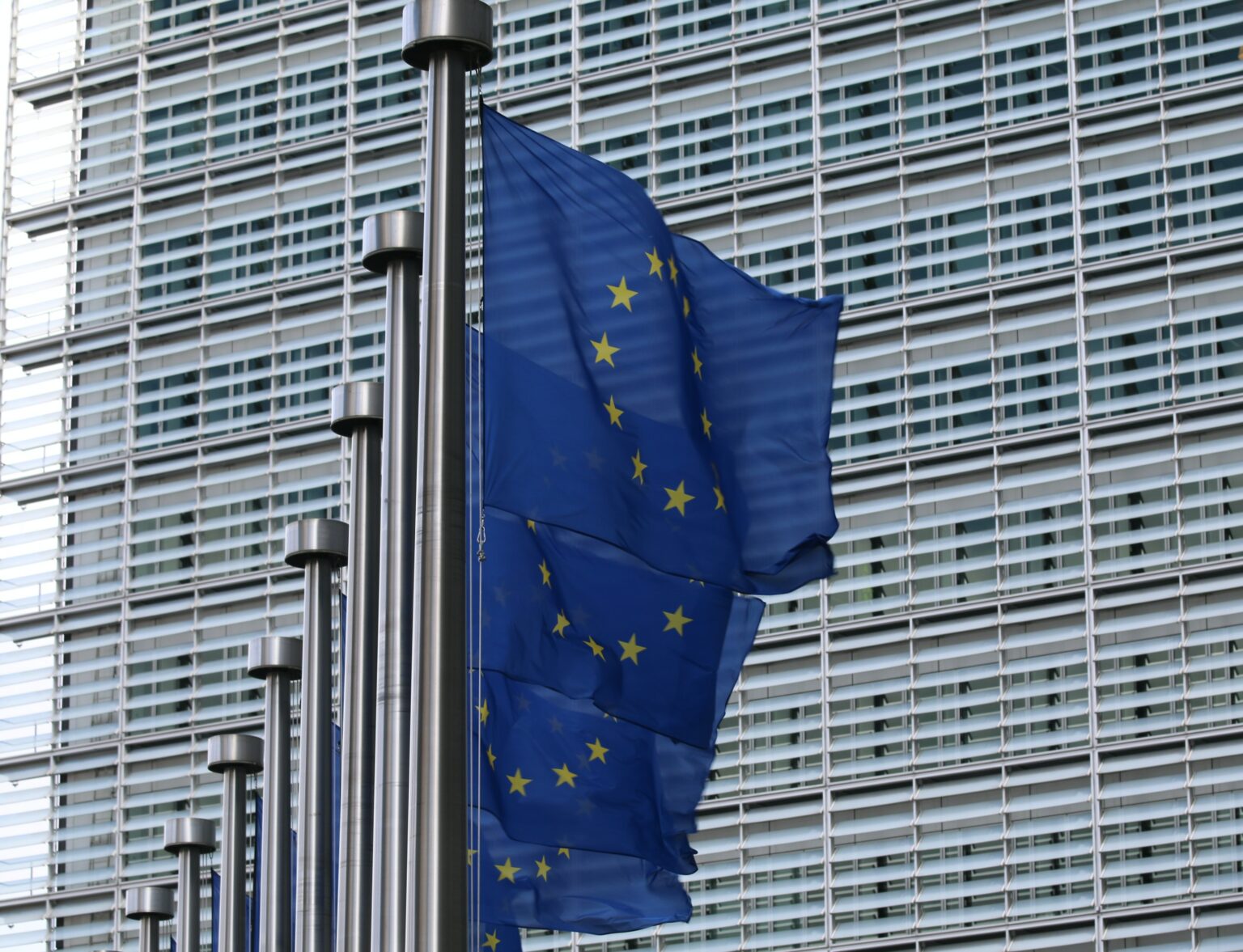The European Union (EU) is set to establish the European System of Hydrogen Network Operators (ENNOH) in 2025, aiming to enhance the operational efficiency of the hydrogen market within the EU and international trade.
This initiative, as reported by Trend, will work in conjunction with the EU’s Hydrogen Transmission Network Operators (HTNO) as part of the broader Hydrogen and Low Carbon Gas Package.
ENNOH’s primary mission is to facilitate efficient hydrogen market operations, developing network codes, technical recommendations, and ensuring regional cooperation in line with the EU’s decarbonization goals. The organization will also identify synergies and promote the integration of energy carriers to improve the overall efficiency of the EU energy system. These objectives are ambitious and align with the EU’s commitment to achieving a sustainable and climate-resilient economy.
To critically assess ENNOH’s potential impact, it’s essential to compare its objectives with current industry benchmarks. The International Energy Agency (IEA) highlights the importance of robust infrastructure and regulatory frameworks in accelerating hydrogen adoption. ENNOH’s focus on developing network codes and technical recommendations is a positive step, but the effectiveness of these measures will depend on their alignment with global best practices and adaptability to emerging technologies.
The EU’s proactive approach in forming ENNOH and setting stringent decarbonization targets positions it as a leader in the global hydrogen economy. However, competition from other regions, particularly Asia and North America, is intensifying. Countries like Japan and South Korea have made substantial investments in hydrogen infrastructure and technology, potentially outpacing the EU in certain aspects.
ENNOH’s objective to identify synergies and promote system integration is crucial for the EU’s energy transition. Integrating hydrogen with other renewable energy sources can enhance grid stability and efficiency. However, achieving seamless integration requires advanced technologies and coordinated efforts across member states. The EU must leverage ENNOH’s role to foster collaboration and innovation in this area.
For ENNOH to succeed, robust regulatory and financial support from the EU is essential. The organization must have the authority to enforce standards and facilitate cross-border cooperation. Additionally, substantial investments will be required to upgrade infrastructure and support research and development initiatives.
ENNOH’s success will be a critical determinant of the EU’s ability to meet its decarbonization commitments. By facilitating efficient hydrogen market operations and promoting system integration, ENNOH can significantly contribute to reducing carbon emissions and transitioning to a low-carbon economy.





